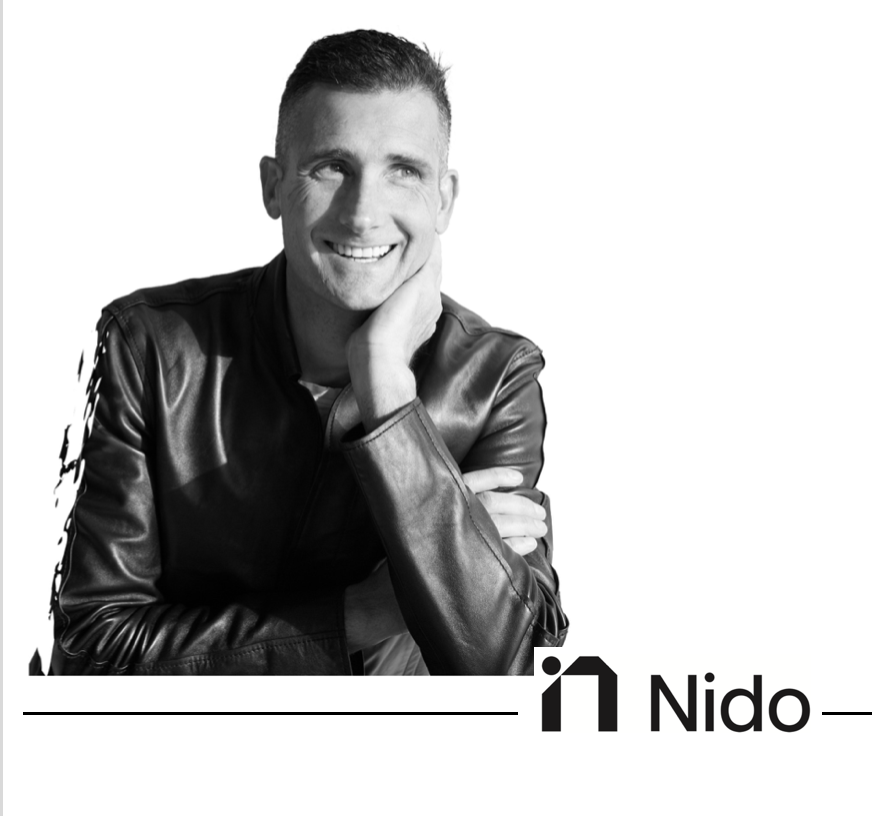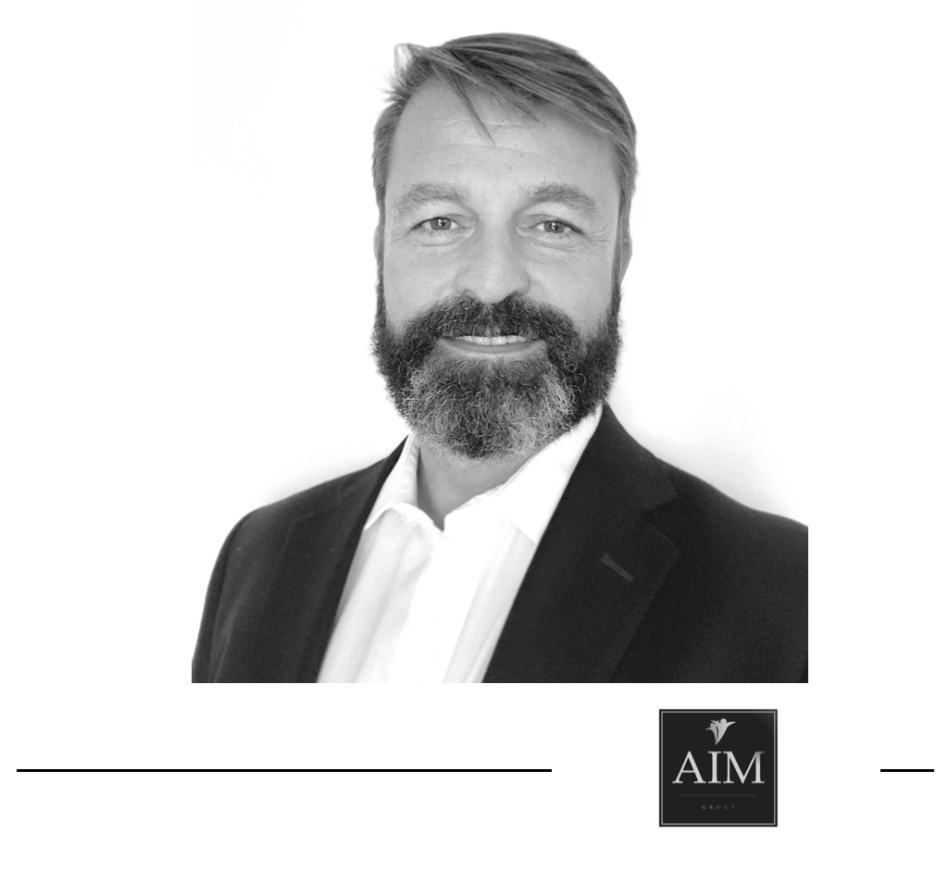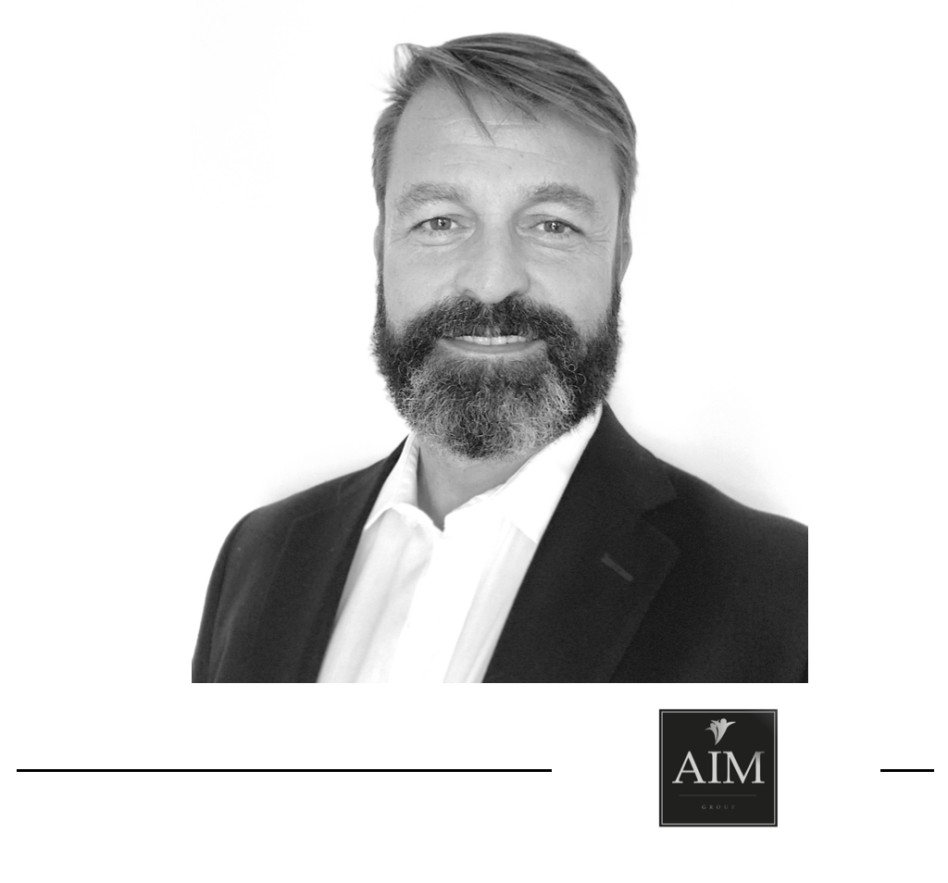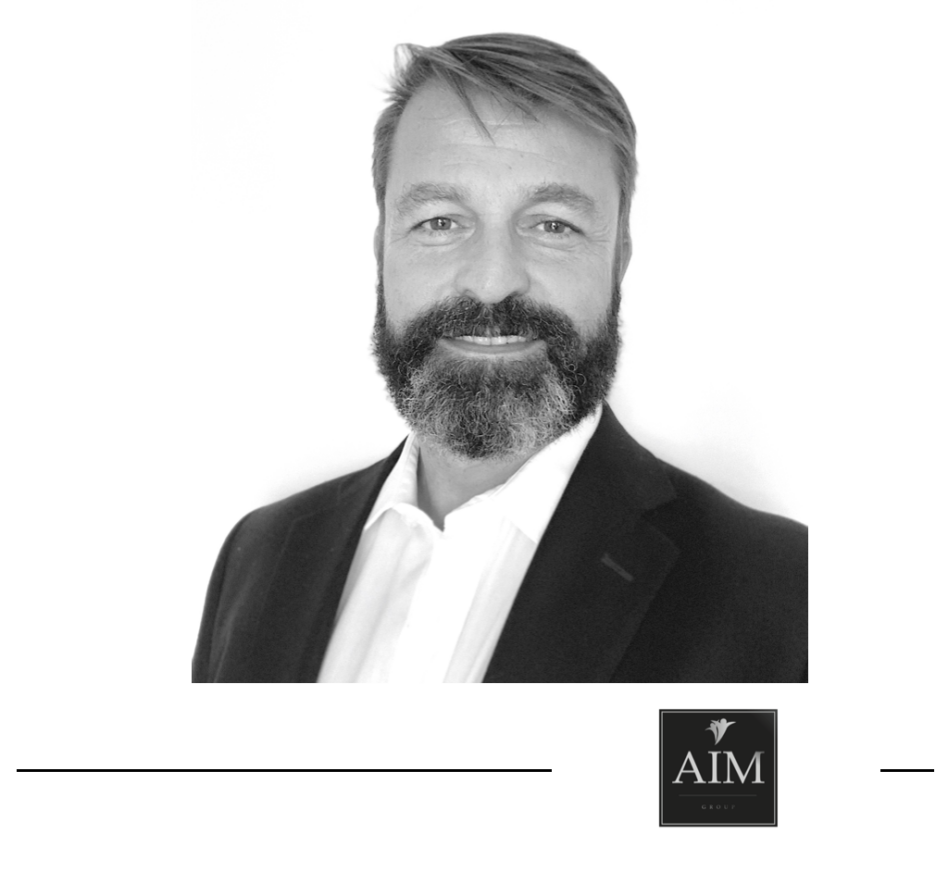By: Andrew Pollard
Founder
NIDO
Fresh off my 40th birthday, I was making almost a million dollars a year, I had access to anyone you can imagine in Manhattan’s social scene, I was being featured in the press and I was in a thrilling affair with a famous actress. This was it- I had made it.
I had worked so hard to say these three words I MADE IT. I found myself needing to repeat it to myself to try and believe it. The lingering truth was, no matter how much the outside world recognized my success, I had a gut-wrenching feeling that something was still missing. The money, the parties, the headlines and yes, the women—nothing was filling the void. Somehow what was supposed to feel like the conclusion to my journey in “making it”, felt nothing more than a dark hole.
The voice inside my head had never been louder. Except it was a voice that didn’t seem to understand the darkness I was experiencing. It was pushing me for more—maybe I just haven’t made enough? Do I continue or do I navigate the darkness?
Today, I think back to that Andrew and wish I could say this to him…
Dear Andrew,
I have some advice that may help you feel better about your life. Are you open to listening?
Let me be direct; you are an addict. You have built your entire decision-making process around scoring the next hit. The high, in your case, is a dopamine rush from endorsement. Any action that generates the approval of others has become the subconscious intent of your decisions. I know you can see this pattern, and I am sure it’s pretty profound and possibly something you may not want to look at, but denying it won’t cause you to unknow it.
Over time life will become easier, more purposeful, and even joyful, if you start by;
- Understanding your flawed decision-making process.
- Limiting your addictiveness to the approval and acceptance of others.
- Focusing more attention introspectively.
The dark hole you often find yourself in is a lack of self-confidence. You learned from a young age to seek the approval and validation of others, which turns out to be a masterful skill you have. To better understand how you make decisions, let’s unpack the emotional na- rrative that goes on inside your head after you get the approval of someone;
- I am successful — because someone else who is successful praises me.
- I’m excited – I feel validated and experiencing a euphoric rush.
- But wait — I still have an anxiety-filled heart.
- It must mean I haven’t achieved enough — I just need more; then I will feel better.
- But wait – I have been here before, and it only feels better for a fleeting moment.
- My life is meaningless — I am nothing.
All you need to do is insert a few additional lines into the script, and you will see changes in no time.
- I know the intention driving my decisions – to be liked, loved, and accepted.
- It will feel better once I develop some self-worth – me approving of myself.
- I recognize I have built some excellent skills – now direct them toward a noble purpose.
You are successful (in the traditional sense) partly because you grew up in the outback of Australia and developed a high level of self-reliance at a young age. Also, partly because you had a decent education, you’re a 6’4” white male with above-average intelligence, handsome, and charismatic. You were born privileged compared to 95% of the population and have only recently realized this fact (another story for some other time).
- Your father taught you the value of hard work.
- Your late uncle taught you the importance of drive.
- Your mother the value of morality.
You set off at a young age to see and experience the world, full of excitement and with plenty of naivety. In your twenties, you were fearless and just wanted to feel good. You didn’t care much about success or building a career. You wanted enough money to see the world, go to incredible places, be around fun and influential people, be stylish and meet lots of women.
In your thirties, things drastically changed! You lived in New York and were grossly affected by becoming someone and making something of your life — whatever that means. I think that’s where you got a little lost.
You didn’t have an apparent reason for working your butt off, no real vision for the future, only a desire to achieve greatness and be popular.
It felt good to work hard. Be promoted quickly. Increase your salary from $35,000 to $350,000 by the age of thirty-five. You had plenty of skills, a novel foreign accent, and an influential network to get high off the NYC lifestyle.
Things started to change in your late thirties; an eight-year relationship ended, and your life savings went into a tech start-up that failed spectacularly with the crash of 2008. Your father attempted suicide (thankfully, he failed). You found yourself sleeping on a dusty couch in your office, feeling foolish, alone, and very frightened about the future. Could you be heading toward a similar fate as your dad? Regards,
Your future self.
I listened to my advice; but it took two decades to sink in. Now back to the moment when I realized I was successful. In the weeks and months after this, I softened the voice telling me to get more and amplifying the one encouraging me to focus on building purpose for my life.
Purpose requires a deeper understanding of emotional patterns, beliefs, and values. Unpacking these was the most challenging thing I have ever faced because I experienced a level of emotional pain that was utterly foreign to me. Now in my forties, this was the decade of my mid-life crisis.
I was full of rage and anger, fear and anxiety, humiliation and loneliness, which forced me to surrender myself completely.
I wasn’t open to feedback or criticism, and I wanted someone to tell me I was good enough, whether what I did had good or bad effects.
This addiction to a very myopic view of success kept me small. It got me many things: jobs, opportunities, access, notoriety, women, etc. But it didn’t give me what I wanted, which was self-confidence.
I wanted to wake up every day without a dark hole in my heart, without the voice inside saying I wasn’t good enough, and without me looking in the mirror saying you are a fraud. The only way forward was to give less oxygen to the idea of success and failure and more attention to finding joy through purpose.
To be clear, a purpose to me isn’t a goal to get something.
It’s a blueprint of how I want to live; how to make decisions, treat others, deal with adversity and relate to myself. It’s a plan I intentionally construct to bring the type of internal feeling I want to experience daily.
I can say I have lived a happy life. But these feelings of happiness were related to what I got in the world, physical assets, or personal affirmations. Looking back now, I lived with a constant fear that I wasn’t enough, and it was, and still is, exhausting!
These principles didn’t magically seep in after I wrote them down; they required testing repeatedly. In most cases, it required a shift in mindset, a rewiring, if you will.
The hardest part of this process was uncovering the very difficult-to-find narrative that runs my entire life. The hurdles to this process are the insecurities that never want to be found and the ego that never wants to acknowledge them. So overthrowing them required much work, which is code for many failures.
The turning point for me was, hitting rock bottom again in my early forties, realizing that the people I cared about didn’t leave or abandon me. The irony is that the further I fell, the more people rallied around me. I experienced so much generosity in financial help, accommodation, job offers, and emotional support; it was difficult to accept and comforting to experience.
I recently turned 50; I became a husband and father and decided to change my career, all decisions with much responsibility, risk, and reward. It feels like I am getting a second shot; this time, I have the prudence to be more discerning about my decisions.
As I transition into part II of my life, I have developed a different mindset from the one I had thirty years ago. I have now defined my pur- pose in life, and part of that was to identify my values.
My core values are; family, wellness, personal growth, and humanity. My purpose in life is to build and nurture lasting relationships. Whether these are family, friends, or colleagues, they are all with other humans. They allow me to solve problems, reveal insecurities, build empathy and expose my emotional patterns.
The major shift here is that my purpose has evolved from a destination to a way of being.
I still have preferences, things I love doing like; starting businesses, seeing the world, physical activities, and being a husband and father. These all need interpersonal relationships to be successful. The better I communicate with understanding, empathy, and compassion, the better I become at these pursuits. The more transparent and honest I am with my intentions, to myself and others, the better the outcome, even if it’s often harder to do in the beginning.
I often daydream about having this kind of wisdom when I was twenty years old and how different my life would have been.
I don’t suffer a lot about what could have been but rather use it as fuel to motivate myself daily to stay the course. It reminds me to connect with what’s essential and disregard what is noise.
I realize there isn’t much I can control in life; the only things are my thoughts, emotions, and reactions to things. Most of the time, it doesn’t feel this way. Still, with practice, I have started to experience the power of controlling my reactions to everything.
Finding that small window of space — between being emotionally triggered and the moment I react — and sitting in the certainty that this is all I control. The more I find truth in reality, I have no control over what happens in the world, and total control over how I react to it, the more joy I experience.
I am dedicating more time to solving big problems in the world, working with people I care and respect deeply, being present to experiences with friends and family, and finding time to reflect on living my most joyful life.
When life becomes difficult, I hold my son tight, look into his innocence, see him as my NorthStar, and ask myself, how will my decision right now impact him and his generation’s experience of life?




